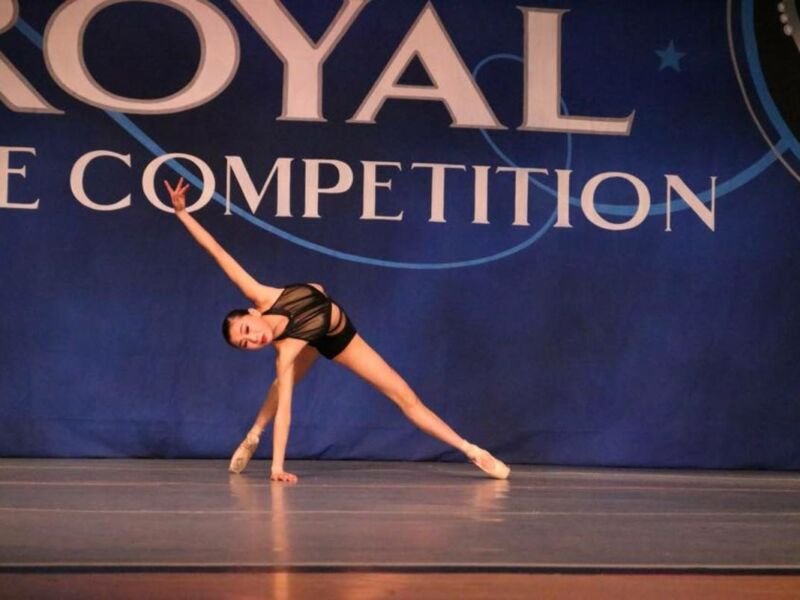
Introduction
Dance competitions are not only an opportunity for dancers to showcase their talent, but they also provide a platform for personal growth, learning, and self-discovery. As dancers prepare for these events, it is essential to understand and adhere to proper dance competition etiquette. Additionally, maintaining good sportsmanship is crucial to fostering a positive and supportive environment. This article explores the importance of dance competition etiquette and sportsmanship, providing insights into how dancers can conduct themselves respectfully and professionally during competitions.
The Significance of Dance Competition Etiquette
1. Respect for Judges and Adjudicators
In a dance competition, judges and adjudicators play a vital role in evaluating performances and providing feedback. Dancers should show respect towards these professionals by following their instructions, attentively listening to their feedback, and refraining from any disrespectful behavior.

2. Professionalism in Dress and Appearance
Dancers should uphold a professional image by adhering to the dress code and maintaining cleanliness and neatness in their appearance. Proper grooming helps create a positive first impression on judges and demonstrates the dancer’s commitment to the art form.
3. Punctuality and Preparedness
Being punctual and well-prepared for competitions shows respect for fellow competitors, organizers, and the overall schedule of the event. Dancers should arrive on time for rehearsals and performances, ensuring they have all the necessary costumes, props, and music ready beforehand.
4. Sportsmanship Towards Fellow Competitors
Participating in a dance competition means being part of a community of dancers. It is important to support and encourage fellow competitors, celebrating their achievements instead of viewing them as rivals. Demonstrating good sportsmanship helps create a positive and welcoming atmosphere.
5. Graciousness in Both Victory and Defeat
Winning or losing is a part of any competition. Regardless of the outcome, dancers should display graciousness and humility. Celebrating victories with humility and offering congratulations to winners while accepting defeat gracefully contributes to fostering a respectful environment.
The Role of Sportsmanship in Dance Competitions
1. Building Lasting Relationships
Sportsmanship encourages camaraderie and friendship among dancers. By exhibiting respect, support, and encouragement towards fellow competitors, dancers can establish lasting connections within the dance community. These relationships can provide opportunities for collaboration and growth in the future.
2. Personal Growth and Development
Engaging in healthy competition allows dancers to push themselves to their limits, inspiring personal growth and development. By respecting their competitors, dancers can learn from each other’s strengths and weaknesses, enhancing their own skills and artistic abilities.
3. Creating a Positive Environment
Dance competitions should be enjoyable and positive experiences for everyone involved. Sportsmanship helps to create a supportive atmosphere where dancers feel encouraged to express themselves creatively, free from negativity or hostility.
4. Setting a Positive Example
Dancers who display good sportsmanship serve as role models for their peers and aspiring dancers. Their conduct and behavior inspire others to follow suit, fostering a culture of respect, professionalism, and camaraderie within the dance community.
Conclusion
Dance competitions provide a platform for dancers to showcase their skills and passion. However, it is essential to approach these events with the right attitude and respect for others. By adhering to proper dance competition etiquette and displaying good sportsmanship, dancers not only conduct themselves professionally but also contribute to a positive and supportive environment. This ensures that dance competitions remain enjoyable and beneficial experiences for all participants.